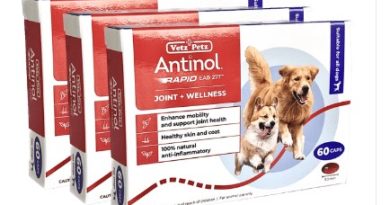Living With a Family Member Who’s Struggling With Addiction Stop Being an Enabler
Coping with a family member’s addiction is an emotionally taxing journey that often prompts individuals to walk the fine line between offering support and inadvertently becoming enablers. Enabling behavior can hinder the recovery process, perpetuating the cycle of addiction. In this article, we will explore five strategies to break free from the enabling cycle and support your loved one on the path to recovery.
Gain Peer Support
Connecting with people who have faced similar challenges can provide a sense of community, reducing feelings of isolation and helplessness. Peer support also equips individuals with practical advice on setting boundaries, recognizing enabling behaviors, and fostering a healthier environment for both the addicted family member and themselves. Even in scenarios where an individual is seeking treatment for meth addiction, peer support is crucial in establishing a conducive environment for the victim and their loved ones.
Work in Teams
Collaborate with other family members to develop a cohesive strategy for supporting your loved one. By working together, you can establish consistent boundaries and avoid mixed messages that may inadvertently enable destructive behavior.
Don’t Cover Up Behavior
Enablers often engage in the destructive behavior of covering up the consequences of their loved one’s addiction. This could involve making excuses for missed responsibilities, lying to employers, or shielding the individual from the natural repercussions of their actions. While the intention may be to protect the person struggling with addiction, it ultimately perpetuates a cycle of denial and minimizes the impact of their actions.
Confronting the reality of the situation is crucial. Refrain from covering up or minimizing the consequences of your family member’s behavior. Allowing them to face the repercussions of their actions can serve as a wake-up call, motivating them to seek help and take responsibility for their recovery.
Do Not Offer Them Drugs
It may seem counterintuitive, but family members often unintentionally enable addiction by providing the substance of abuse or allowing easy access to it. This could involve maintaining a stock of the substance, providing money, or turning a blind eye to their access. Break free from enabling by refusing to be complicit in their destructive habits. Deny access to the substance, and if applicable, secure any medications or substances in the household. This action may prompt the addicted family member to seek help and confront the reality of their situation, paving the way for a more effective recovery.
Allow Law Enforcers to Do Their Work
In certain situations, legal consequences may be necessary to interrupt the cycle of addiction. While it may be challenging to see a family member face legal repercussions, allowing law enforcement to intervene can be a crucial step in breaking the enabling cycle. If the individual’s actions have crossed legal boundaries, recognize that these consequences may prompt them to seek help and enter a treatment program.
Final Word
Living with a family member struggling with addiction is an arduous journey, but breaking free from enabling behaviors is a crucial step towards supporting their recovery. Remember, supporting your loved one doesn’t mean enabling destructive behavior; it means being a positive force for change in their journey towards recovery.




